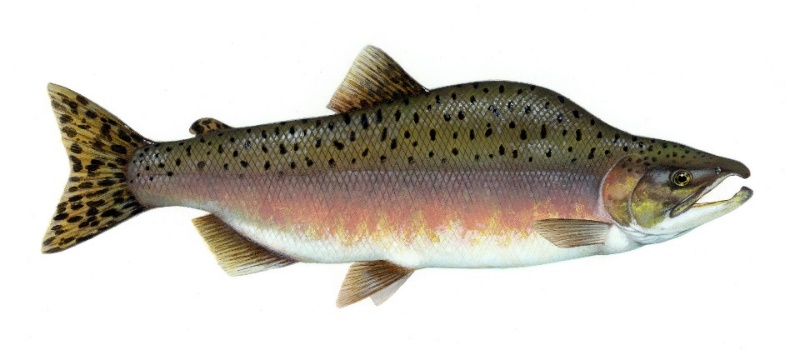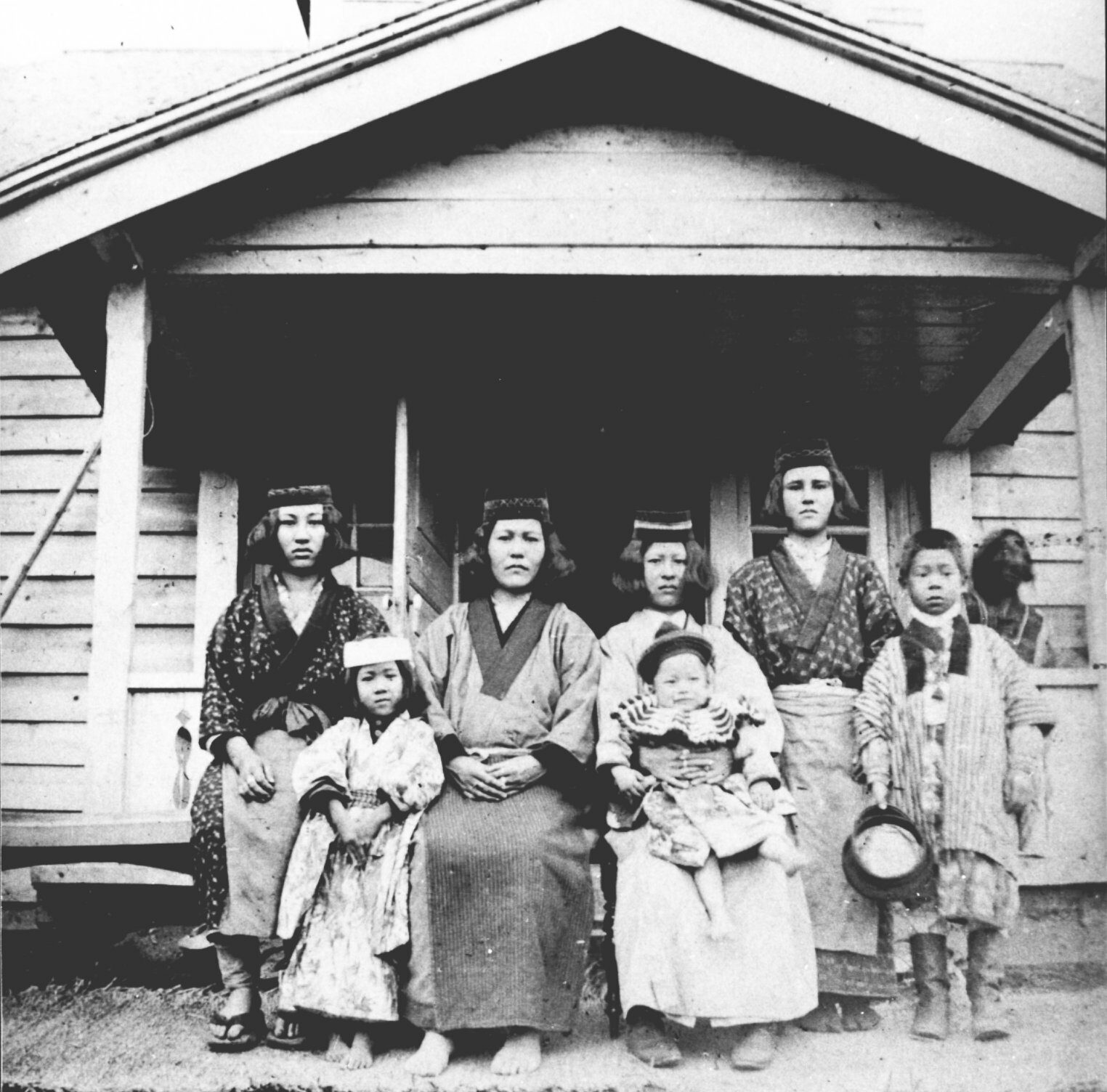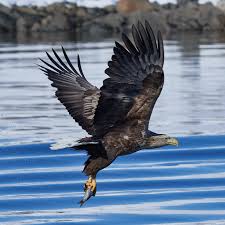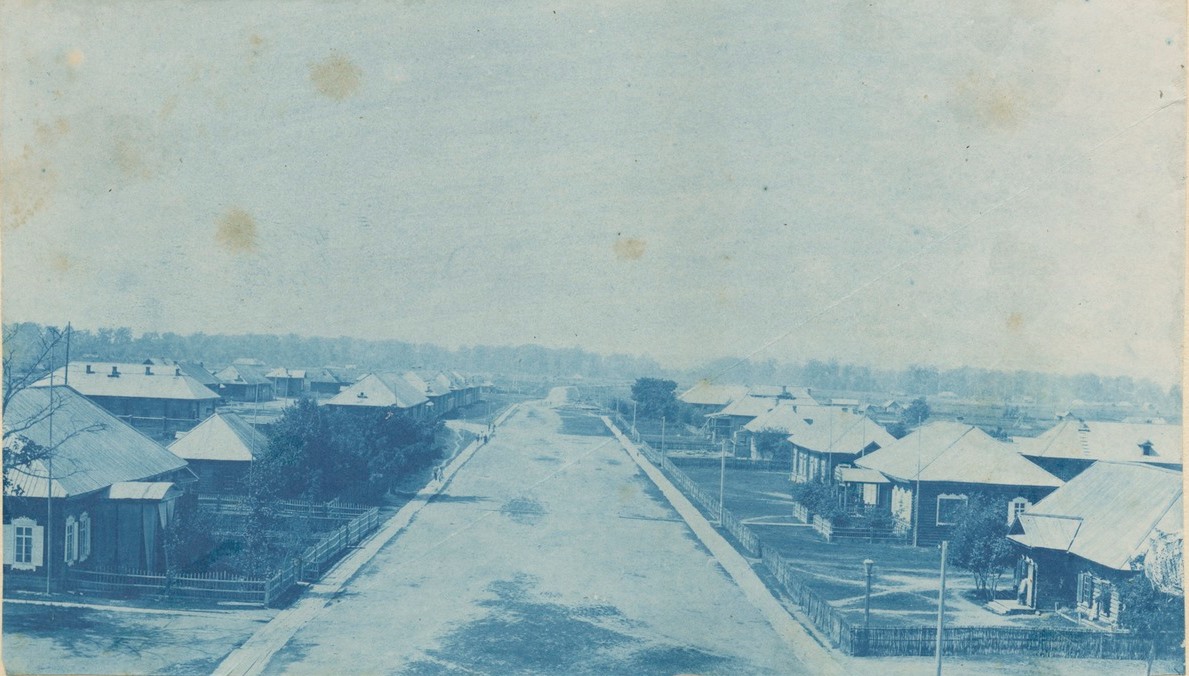
Ethnography
Orok People – “Shy as Ravens”
Activities
See: Activities/Ethnography/Travel Path of Bronisław Piłsudski in his Research on the Ainu People
In several villages, Piłsudski did not find the residents who had fled to the mountains, but he continued slowly, wanting to meet them nonetheless. He soon managed to overcome their suspicion, which was increased by the anxiety associated with the war. He made acquaintance with them and even managed to earn enough of their trust, so that a shaman invited him to his home to perform his rituals and figure out the signs telling of his further course of journey northward. On 20 May, as the signs were favorable, Piłsudski set off on foot to Sochigare (Sokhigare), the place he knew, where his good friend Kanka lived. He helped Piłsudski find a female shaman, who quietly performed her rituals and even allowed him to witness an initiation ceremony for a young woman preparing her to become a shaman.
Immediately afterwards, he went to Nayoro, a little south of Tarayka, to take part in the Seal Festival. He also managed to participate in the offering (iomante) of a dog as a sacrifice for the successful completion of the hunt.
Faced with mounting difficulties concerning supplies, Piłsudski decided to move north to the area of Tym (Tymi) River where another center of Russian administration was located and where he had begun his exile. As he wrote, at the time, anyone who could do so, left for the north, evacuating their families and homes there. Bronisław decided to travel by boat up the Poronay River – the largest on Sakhalin.
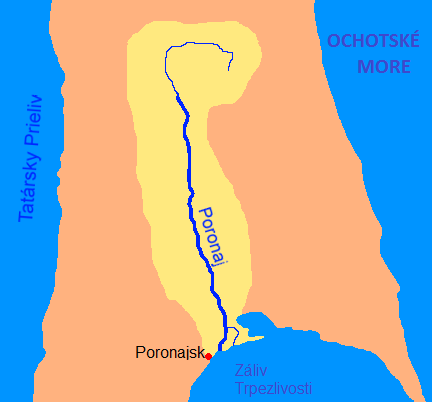
For this purpose, he hired a boat and rowers; they were Oroks who intended to go with him to acquire weapons and gunpowder. The journey on the turbulent river continued from 13 to 24 June, and it was very arduous due to the huge number of mosquitoes and blackflies normally present in the summer season, the heat, but also the food limited to caught fish. As a tireless researcher, Piłsudski nevertheless managed to jot down several songs, legends, and additional riddles, which were a favorite pastime of the Oroks. Traveling by boat, they reached the village of Uyutnoye inhabited by several Russians, and from there Piłsudski went on foot to Onor, an extremely important place located by the road built by prisoners that run along the mountain ridge from the Onor River to Rykovskoye. In Onor, Piłsudski stayed in the local doctor’s house and rested after the hardship of his travel until 8 July. While resting, he compiled a dictionary of Orok words and worked on the notes he had made.
By then, Piłsudski covered relatively long distances in a few days: on 13 July, he was already in the Nivkh village Uskovo located thirty kilometers north of Rykovskoye; immediately afterwards he travelled (on the existing paved road) to the village of Slavo located on the Tym River, and from there, by boat on the Tym River, he continued even further north to the villages of Hazlivo, Komrovo, Chirivo, Plovo, and Yrkmyrno. He met his old friends – the Nivkhs he had met during the early years of his exile and the times of his research on the Nivkhs. They were very happy about his visit. They helped Piłsudski to hike into the nearby Ado-Tymovo mountain range.
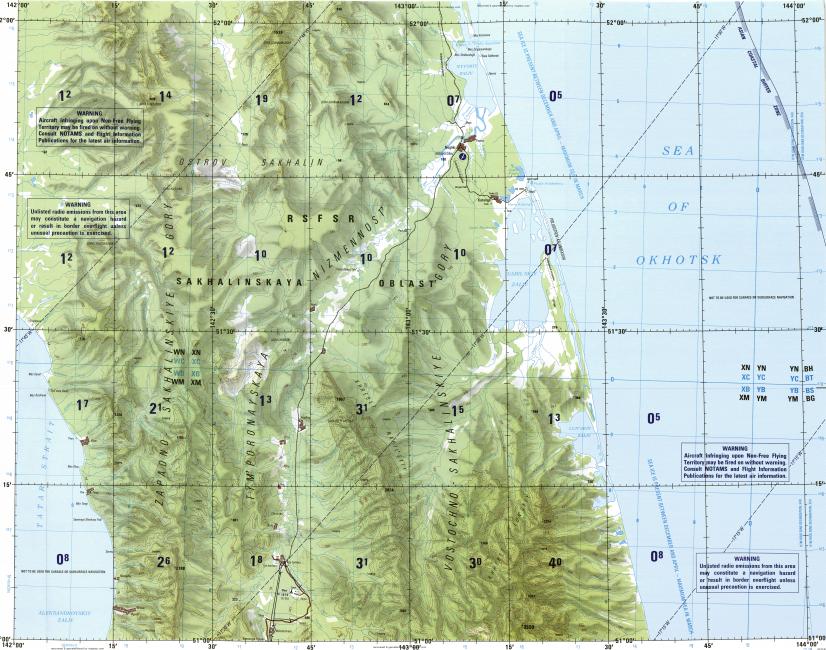
According to local legends, Piłsudski found fossils of prehistoric animals there, and sent them to Dr. R.A. Poczajewski of the Sakhalin Museum. He deposited a part of the collection at the place of his Nivkh friend, Fimka.
On 10 August, Piłsudski reached Rykovskoye, where he stayed for a few days, and then sent a cable with instructions concerning the materials previously collected from the Ainus in Sochigare along with a request for the assistance of an interpreter, as he intended to head south again along the east coast of Sakhalin. He waited for them in Tikhmenevsk, at the mouth of the Poronay River, which was about two hundred kilometers south of the Nivkh villages he had just visited, but then moved on to the village of Abramovka near Onor.
In fact, on 25 August 1904, a group of several Ainus arrived, who had accompanied some of the crew members from the wrecked cruiser “Novik”. (The participation of “Novik” in the war, its extraordinary sea operations, escape from the blockaded Yellow Sea, and finally the captain’s decision to destroy the machinery with the equipment, and the heroic crossing of the two detachments formed from the crew, have gone down in history; Piłsudski spoke with the crew and intended to write a larger chapter on “Novik” in his planned book on Sakhalin in the future.)
However, after the Ainus’ arrival, he had to wait three days when a typhoon raged on the sea and land, and on 29 September, Piłsudski finally departed down the turbulent Poronay River. The two-day trip was fraught with dramatic events: first, Piłsudski’s boat collided with a tree trunk and capsized, and the researcher barely survived. Immediately afterwards, he witnessed the family of a telegrapher traveling in another boat die in the whirls of Poronay. Several years later, Piłsudski recalled this trip at the foot of the Tatra Mountains, as noted by his friends…
Finally, the boat reached Tikhmenevsk. Piłsudski settled in Nayoro and proceeded to organize his notes. He wrote down love songs that Ainu women dictated to him in secret from men. He also managed to take a census of the population, including those of mixed ancestry: Ainu-Korean, Ainu-Russian, Ainu-Japanese, and Ainu-Manzanian (probably Chinese or Manchurian). During his stay, Piłsudski recorded many beliefs related to animal worship, which fascinated him. He also intended to go to places where there were traces of the existence of the mysterious lost Tonchi people.
On 1 November, Bronisław Piłsudski set out by boat to Kotankesh and met his acquaintance Sitiriki who showed him a very original way to hunt for eagles using abandoned dugouts.
See: Activities/Ethnography/Hunting for Eagles from a Dugout

